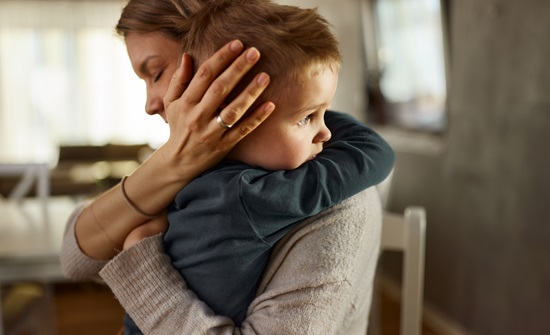Tip
Remember, a child does not have to directly experience a traumatic event to have a reaction to it. Children can react and possibly develop mental health issues from witnessing or being threatened by a traumatic event.

It is normal for children to have an emotional or physical response to a traumatic event. Examples of traumatic events include emotional, physical, or sexual abuse, violence, accidents, natural disasters, severe physical injuries, and life-threatening illnesses.

Children’s reactions to an event can vary, and some reactions are more severe than others. If a child’s reaction to a traumatic event becomes very intense, lasts for a long time, and impacts their ability to function, they may have a mental health issue.
Your child may have a problem after a traumatic event if they:
Remember, a child does not have to directly experience a traumatic event to have a reaction to it. Children can react and possibly develop mental health issues from witnessing or being threatened by a traumatic event.
Possible mental health diagnoses within this symptom cluster include: